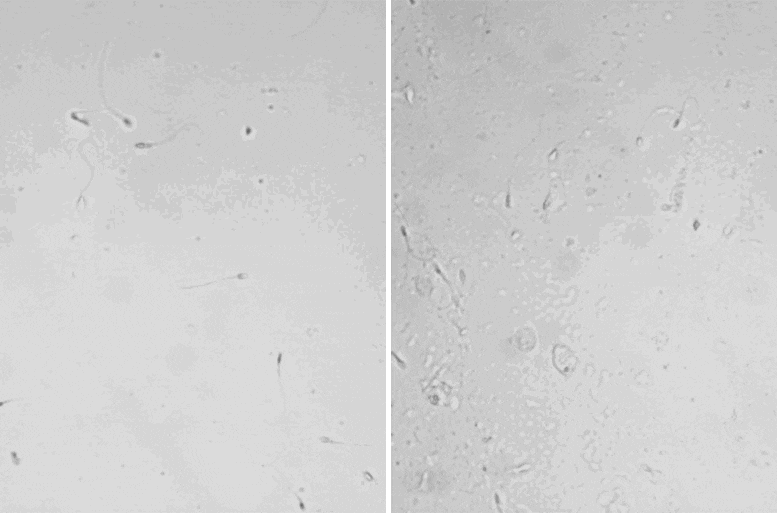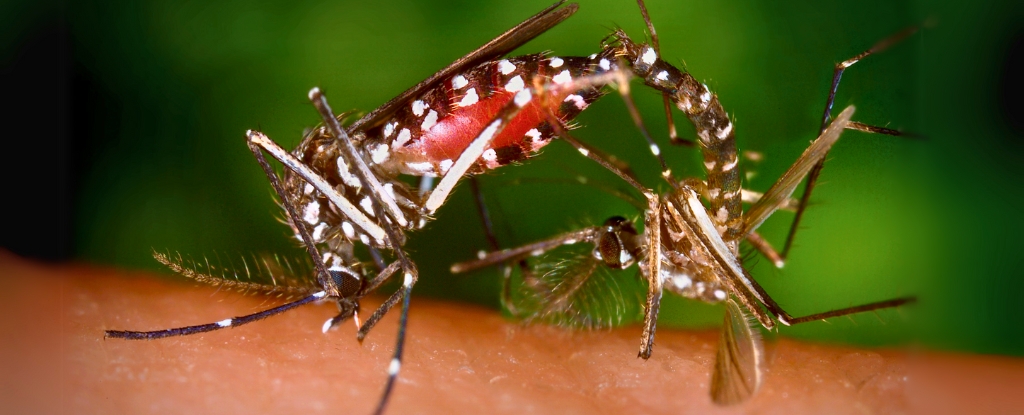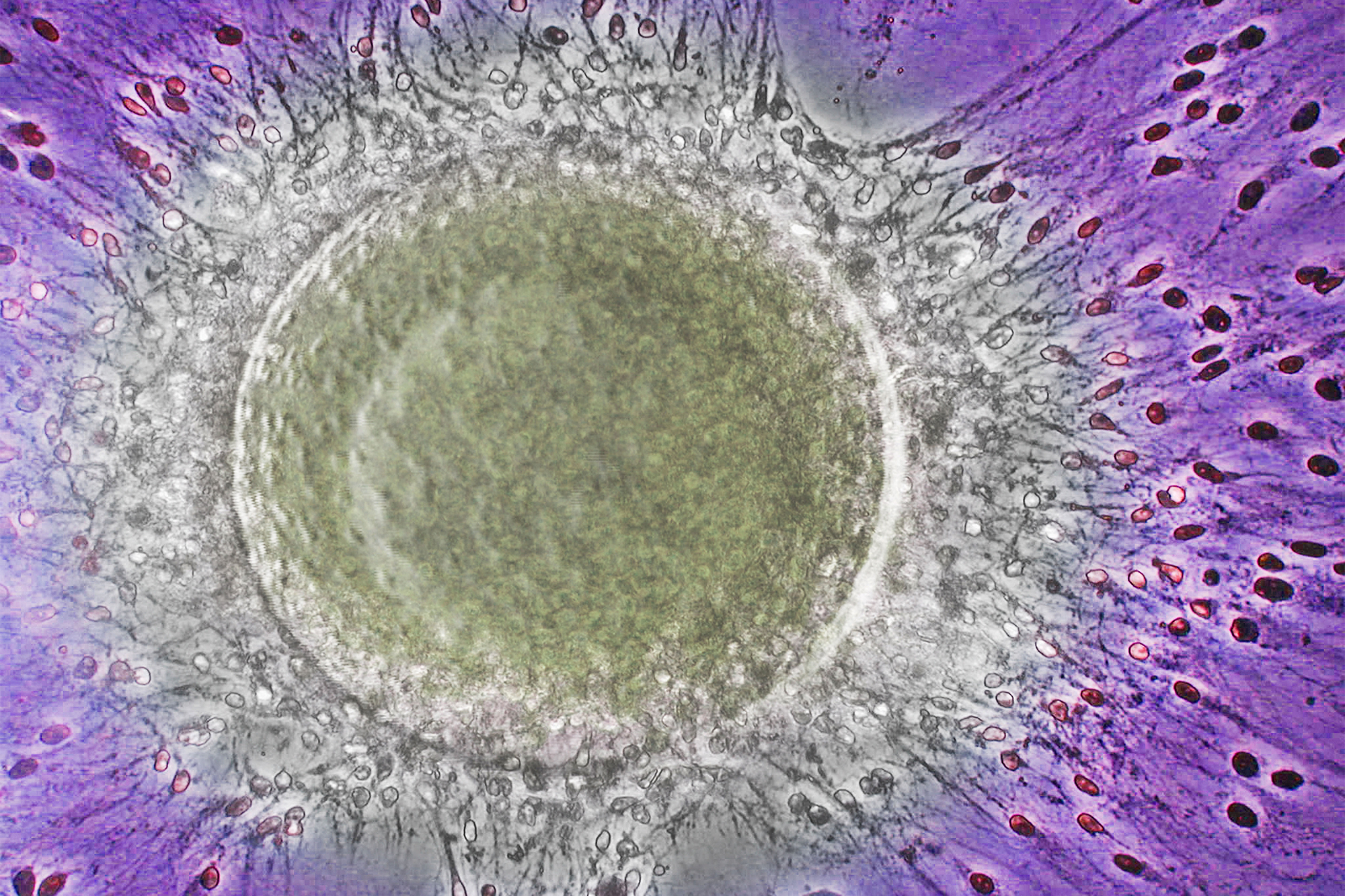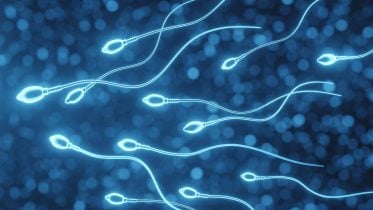
Semen
Semen, also known as seminal fluid, is an organic bodily fluid created to contain spermatozoa. It is secreted by the gonads and other sexual organs of male or hermaphroditic animals and can fertilize the female ovum. Semen is produced and originates from the seminal vesicle, which is located in the pelvis. The process that results in the discharge of semen from the urethral orifice is called ejaculation. In humans, seminal fluid contains several components besides spermatozoa: proteolytic and other enzymes as well as fructose are elements of seminal fluid which promote the survival of spermatozoa, and provide a medium through which they can move or "swim". The fluid is designed to be discharged deep into the vagina, so the spermatozoa can pass into the uterus and form a zygote with an egg. Semen is also a form of genetic material. In animals, semen has been collected for cryoconservation.






